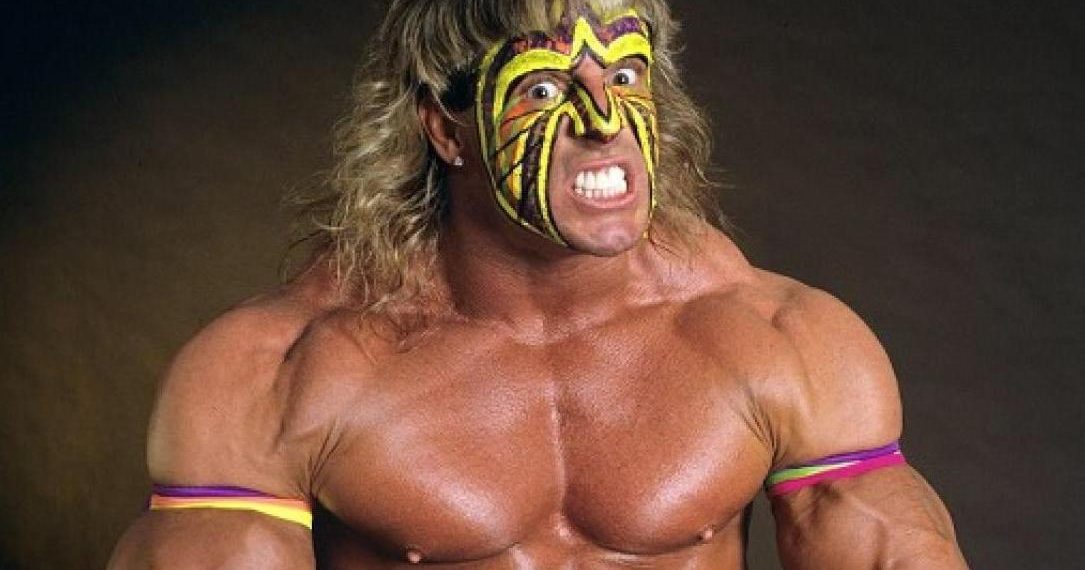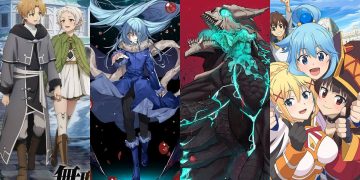The Ultimate Warrior, a towering figure in professional wrestling, had an estimated net worth of $1.5 million at the time of his death. Born James Brian Hellwig, he gained prominence as a wrestler and bodybuilder, particularly in the World Wrestling Federation (WWF) during the 1980s and 1990s. His rise to fame began in the mid-80s and extended into the late 90s, cementing his place as a legend in wrestling history.
His wrestling journey began in the tag team, the Blade Runners, within the Mid-South Wrestling League, later known as the Universal Wrestling Federation. He briefly wrestled for the World Class Championship Wrestling before adopting the name “Warrior.” From 1987 to 1991, he was a key figure in WWF, where his popularity soared as he won numerous titles. Warrior experienced sporadic retirements and returns, eventually competing for WCW in 1998. After his retirement in 1998, he made a return for a single match in 2008. In 2014, he was inducted into the WWE Hall of Fame and made a surprise appearance at Wrestlemania. Tragically, he passed away on April 8, 2014, just days after making his final public appearances. His death was widely seen as poignant and symbolic, with many considering his last promo on WWE Raw as a fitting eulogy.
Early Life and Upbringing
Warrior was born on June 16, 1959, in Crawfordsville, Indiana, a small town about 50 miles northwest of Indianapolis. As the eldest of five children, he grew up in a family where his mother raised him and his siblings after their father left when he was 12. Although his mother remarried, Warrior’s early years were shaped by a challenging family environment. At 11 years old, he began weight training, a passion that would later define his career.
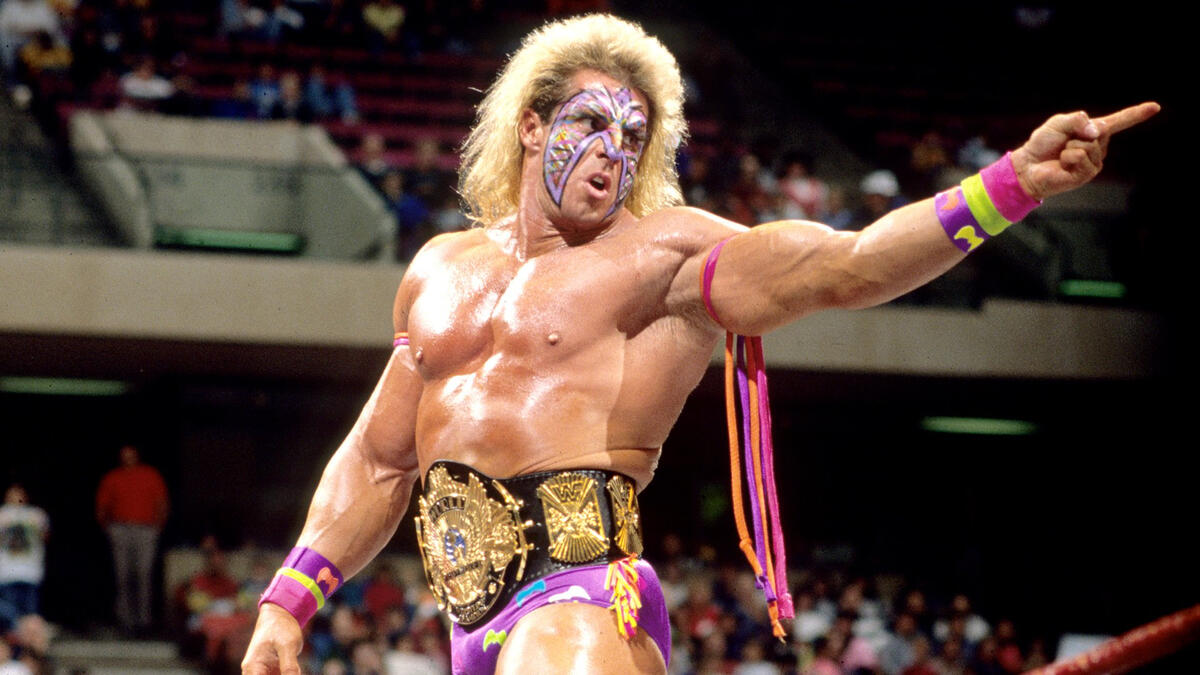
He attended Fountain Central High School in Veedersburg and went on to Indiana State University, initially planning to become a chiropractor. However, his focus shifted to bodybuilding and professional wrestling, signaling the beginning of his pursuit of a career in sports.
Bodybuilding Beginnings
Warrior’s early career began in bodybuilding, where he initially competed in local contests. In his first contest, he secured 5th place, but his dedication soon propelled him to success. He relocated to Georgia and participated in various competitions, where he eventually won the Junior Atlanta contest. In 1981, Warrior placed 5th in the AAU Collegiate Mr. America competition, which marked a significant turning point in his career. His notable victory came in 1983 when he won the AAU Coastal USA competition and later claimed the title at the 1984 NPC Mr. Georgia competition.
Warrior continued to compete in bodybuilding events, placing 5th in the 1985 Junior USA contest. After moving to California to further his bodybuilding training, he was invited to join a group of bodybuilders forming a professional wrestling team. This opportunity led him to abandon bodybuilding and focus entirely on wrestling, ultimately changing the trajectory of his career.
Wrestling Debut and Early Career
Warrior’s first professional wrestling persona was Jim “Justice” Warrior, as he joined Powerteam USA, a team of bodybuilders. He formed a tag team with Steve Borden, and they were known as The Freedom Fighters in the Continental Wrestling Association. The duo rebranded as the Blade Runners before Warrior moved to World Class Championship Wrestling in Texas. During his two years there, Warrior competed under the name Dingo Warrior, building a reputation as a strong and dynamic wrestler.
In 1987, Warrior made the leap to the World Wrestling Federation (WWF), where he would go on to achieve superstardom. This marked the beginning of his time as “The Ultimate Warrior,” a persona that would define his career and make him one of the most recognized names in professional wrestling.
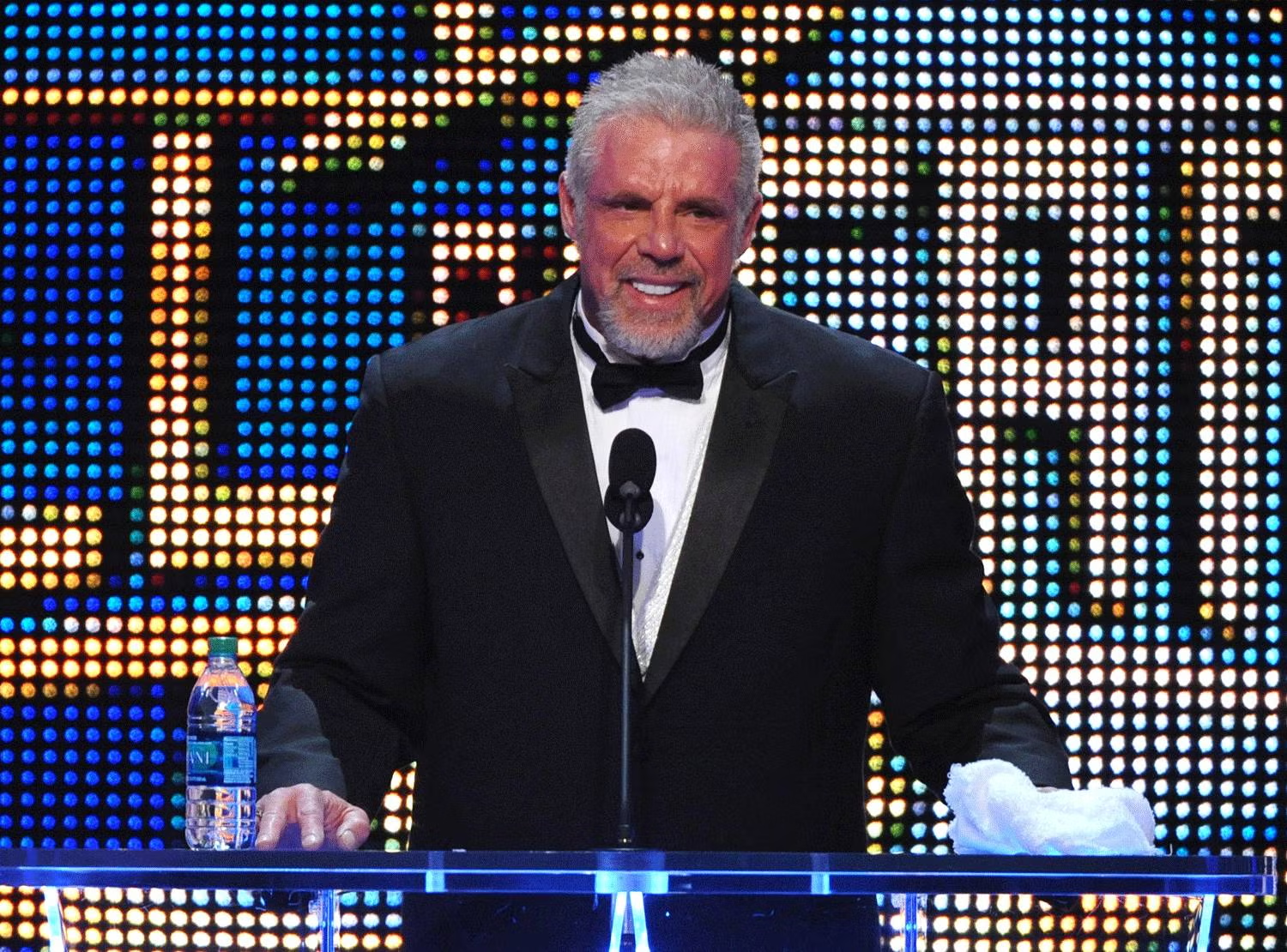
Rise to Stardom in WWF
Warrior’s career in WWF skyrocketed as he became a fan favorite. Within just two years, he claimed the WWF Intercontinental Heavyweight Championship, solidifying his status as one of the company’s top stars. His career reached new heights at WrestleMania VI when he defeated Hulk Hogan to win the WWF Championship, making history as the first wrestler to hold both the Intercontinental and World Championships at the same time.
However, Warrior’s relationship with WWF management became strained in 1992 over a pay dispute. Despite not being allowed to leave, he was eventually released from the company due to steroid use. In 1993, Warrior legally changed his name to just “Warrior,” a name that would be featured on his legal documents and adopted by his children.
The Ultimate Warrior’s Controversial Return to Wrestling
Warrior made brief returns to WWF but ultimately found himself joining World Championship Wrestling (WCW) in the mid-90s. During his time in WCW, Warrior’s feud with Hulk Hogan continued, culminating in a rematch at Halloween Havoc in 1998. The match, which was supposed to build on their famous encounter from WrestleMania VI, was widely regarded as one of the worst in wrestling history.
After his time in WCW, Warrior officially retired from wrestling in 1999. He briefly ventured into political commentary, expressing his views on various topics through his blog “Warrior’s Machete.” His comments often attracted criticism, with many accusing him of being hateful and bigoted. Despite this, Warrior remained a polarizing figure in the wrestling community.
In 2008, Warrior participated in what would be his final wrestling match in Spain.
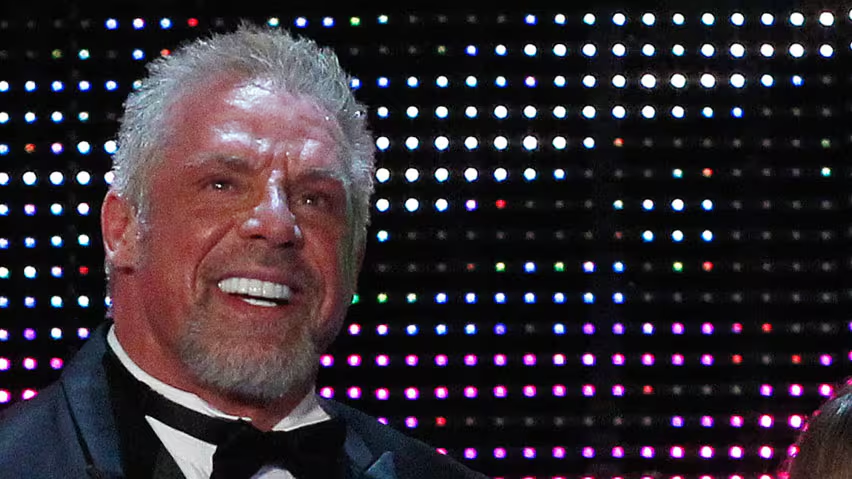
Personal Life and Legacy
Warrior’s personal life included two marriages. In 1982, he married Shari Lynn Tyree, but the couple divorced in 1991. In 1999, he remarried Dana Viale, and the couple had two daughters together. His untimely death came on April 8, 2014, in Scottsdale, Arizona. Warrior had just been inducted into the WWE Hall of Fame and made his final public appearances at WrestleMania and WWE Raw. Less than 24 hours after his last TV appearance, Warrior collapsed while walking to his car and passed away from a heart attack.
An autopsy revealed that Warrior’s death was caused by atherosclerotic cardiovascular disease. His sudden passing at the age of 54 stunned fans, but his legacy has endured. He remains one of the most recognized and celebrated figures in WWE history. His likeness continues to appear in action figures, video games, and promotional materials. WWE even established the Warrior Award in his honor, which is presented to individuals who exemplify perseverance and strength.
However, not everyone is satisfied with the portrayal of Warrior after his death. Publications like “Pro Wrestling Torch” and “Vice” have criticized Warrior for his controversial statements, including his remarks about gay people, victims of Hurricane Katrina, and Martin Luther King Jr. Despite this, Warrior’s influence on the wrestling world remains undeniable, and his legacy is complex, encompassing both admiration and criticism.


